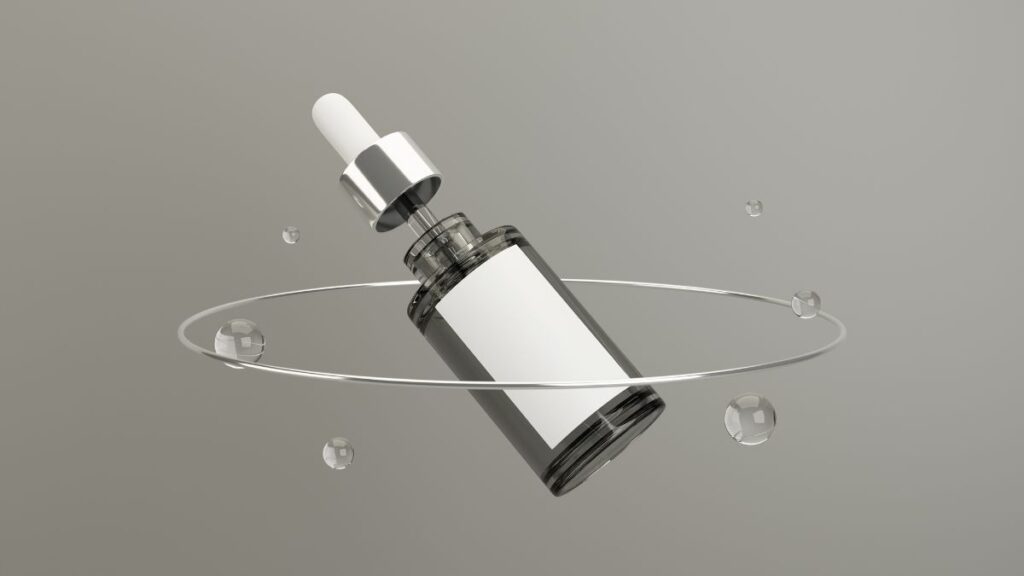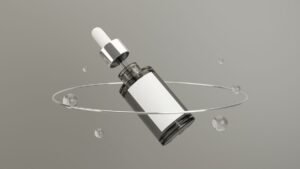Here Are Some of the Most Common Myths about the Gym

Table of Contents
A Masters in Sports Science, a workout plan that is measured down to the millisecond, and/or a PhD in anatomy are not required before achieving desired results at the gym. Having a basic understanding of how your body works can be hugely valuable in itself.
There’s a lot of false information out there. Let’s look at common myths about the gym and debunk them!
THE MYTH: After lifting, there’s only a half-hour window available for feeding the muscles.
Protein shakes are popular partially because of a “bro science” theory that there’s a half-hour “anabolic window” for protein when a workout is finished. There’s a small morself of truth in that misinformation thought: protein is necessary for those chasing muscles. Specifically 0.7g to 1g per pound of bodyweight on a daily basis.
Consumption to that end is easily accomplished in three to five meals. A shake post-lift certainly counts towards those meals. However, according to the Journal of the International Society of Sports Nutrition, the window of muscles being primed for protein isn’t just limited to 30 minutes.
THE MYTH: Isolation exercises are unhelpful.
An isolation exercise isolates a single muscle, such as the biceps, which makes it an excellent way to build and strengthen that muscle. But the rise of CrossFit has convinced most trainers that doing curls — or any other isolation exercise — is unnecessary, because they are convinced that exercises that activate multiple muscles build more real-world strength and endurance.
Not so, according to research at Tufts University. The leg extension, which straightens the knee, increased walking speed in elderly men by almost 50 percent, even when performed using only one muscle. Even isolation exercises recruit stabilizing muscles if done correctly.
THE MYTH: Soreness is a good thing, especially when it comes to growing muscles.
One of the signs that you’re improving in your workouts is your sore muscles the next day.
This is what is known as delayed onset muscle soreness, or DOMS. Identified in 1902, DOMS can mean the difference between no progress and progress up until this point.
If this is your first time training, you may get more soreness than usual because you’re tearing muscle fibers. However, tearing them does not necessarily mean you are getting bigger and stronger!
Ideally, effectiveness should be the only basis for tracking your workouts for some time. Look into key exercises such as squats. See improvement in your reps, weight or form? Then you’re certainly on the right track.
THE MYTH: To optimise gains, it’s best to lift at max capacity
It’s easy to think that you should lift even heavier weights than the biggest men at your gym. However, a Brazilian study published in PLOS One has challenged this idea. Both groups lifted similar weights, but only one group did 21 to 36 reps. The other group did only 7 to 9 reps.
So, you shouldn’t automatically lift heavy weights whenever you work out. But if you’re tired, you won’t lose any muscle by doing a few sets of press-ups to build strength.
Conclusion
A lot of misinformation goes around these days regarding fitness. The gym in particular is surrounded by plenty of myths. These include lifting at max capacity helping for gains (not necessarily all the time) to be optimized and isolation exercises being unhelpful (it’s the opposite).
Wondering where to buy SARMs? Shop at Vi Corpus today! We’ve got the most effective non-toxic research products available on the market aiming to elevate your workouts.
Disclaimer: Vicorpus does not endorse or promote the use of Sarms or Peptides for human consumption. Our blog posts are intended for informational purposes only and address common inquiries found on various forums. The sale of Sarms and Peptides is strictly limited to researchers for scientific and research purposes.
Share This Post
More To Explore
Commonly Asked Questions
Subscribe to our emailing list to receive our latest news, articles and promotions. You may unsubscribe at any time.

Privacy Policy Shipping Refund & Returns Terms & Conditions
Copyright © 2023 VI Corpus. All rights reserved

